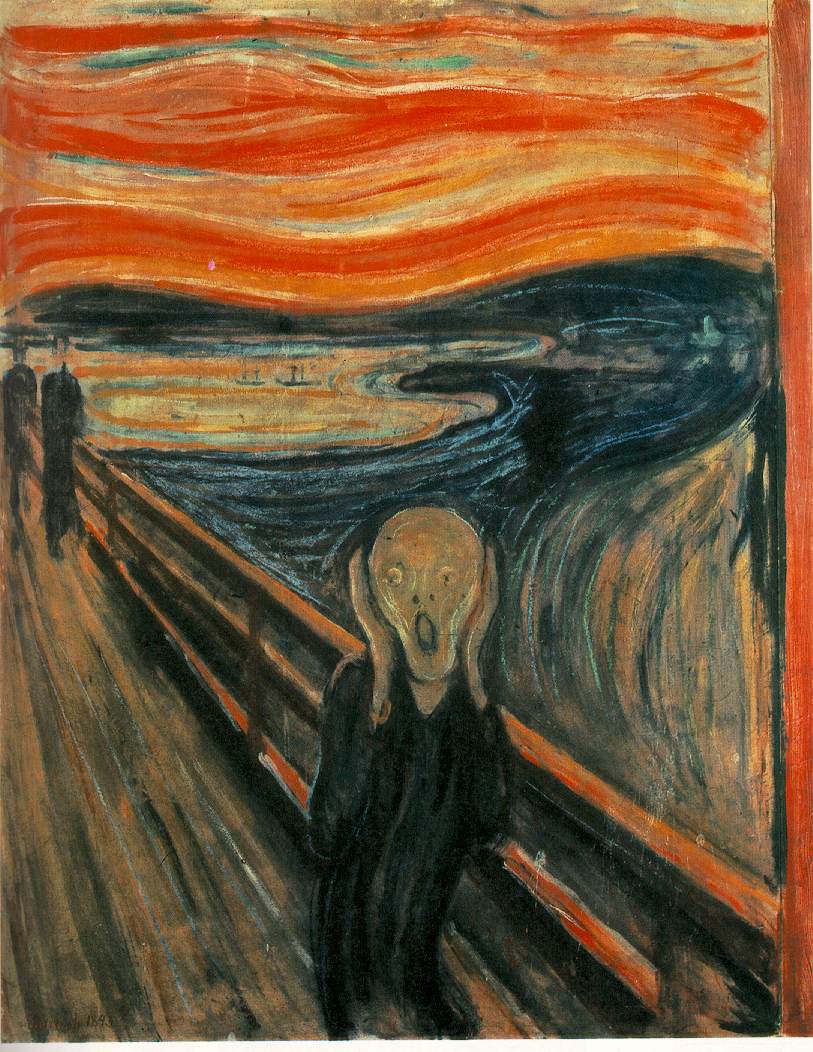
It was raining for two days. I went to the local library and borrowed audio books of Karl O. K. The name "Min kamp" was making my friends from Germany to rise their eyebrows but I understand the name and the struggle the author was referring to.
I never heard of the man before but the librarian was suggesting the piece as worth reading. I took it though the books are massive. Hundreds and hundreds of pages of reading. One book is 16 CD-s.
I started to listen to it as soon as I got back home. He was telling about his life as a writer, mostly describing the family and specially his relation to his children. I think it is a wonderful book for these who want to know more about Scandinavian family life and the way how they live.
In the beginning of the second book he is describing a birthday party of a five year old in fifty pages. I never read any male writer who would spend so many lines to share a small child`s life events in such detailed way.
The book has been translated to many languages. In English it is called "My Struggle" and there is even a youtube video where Karl O. K. is talking about his book in Library of Congress (He starts to talk 11:18 in English and in 13:00 starts to read in Norwegian and then in English).
He says in the beginning of his speech: "The deeper inside yourself you go the more general it becomes." I find it very interesting. His books about small detailed notes about his private life has crossed the boundaries of the private and personal in a very special way. Writing and reading is very intimate, he says. "It is one who is telling and the other who is listening."
Because of Karl`s way of "talking" is so authentic it makes the hundreds of pages of his writings also a good study material for these who are interested in language learning. And there is plenty of words in his books to learn...
In wikipedia there is a article about the author Karl O. K.:
Born in Oslo, Knausgård was raised on Tromøya in Arendal and in Kristiansand, and studied arts and literature at the University of Bergen.
He made his publishing debut in 1998 with the novel Out of the World, for which he was awarded the Norwegian Critics Prize for Literature. This was the first time ever a debutant had won this prize.
His second novel, "A Time for Everything" (2004), won a number of awards, and was nominated for the Nordic Council's Literature Prize, which is often considered the most prestigious literary award in the Nordic countries, as well as the IMPAC Dublin Literary Award. It has been called a "strange, uneven, and marvelous book" by the New York Review of Books.[1]
Knausgård was also involved as a consultant in the new Norwegian translation of The Bible.
In 2009, he won the Brage Prize for My Struggle - First Book, the first volume of a total of six autobiographical novels, which were published in 2009, 2010, and 2011. The Norwegian title of the book is Min Kamp, the same as Hitler's Mein Kampf, and the six books total well over 3500 pages.
The books caused massive controversy when they were released, and whether Knausgård goes too far in exposing the private lives of his friends and family, including his ex-wife, has been much debated in Norway. The books have nevertheless received almost universally favourable reviews and were, even before the final book's publication, one of the greatest publishing phenomena in Norway ever. In a country of almost five million people, the Min Kamp-series have sold over 450,000 books.[2]
In a radio-interview with his estranged ex-wife, who plays a central part in several of the Min Kamp-books, Knausgård admits that he sometimes feels that he has made a "Faustian bargain" -- by sacrificing his relationship with parts of his family and friends he has achieved enormous success. In October 2010 Knausgård's ex-wife, Tonje Aursland, presented her perspectives of involuntarily becoming a subject of her ex-husband's autobiography, in a radio documentary broadcast on NRK.[3]
(Wikipedia)





